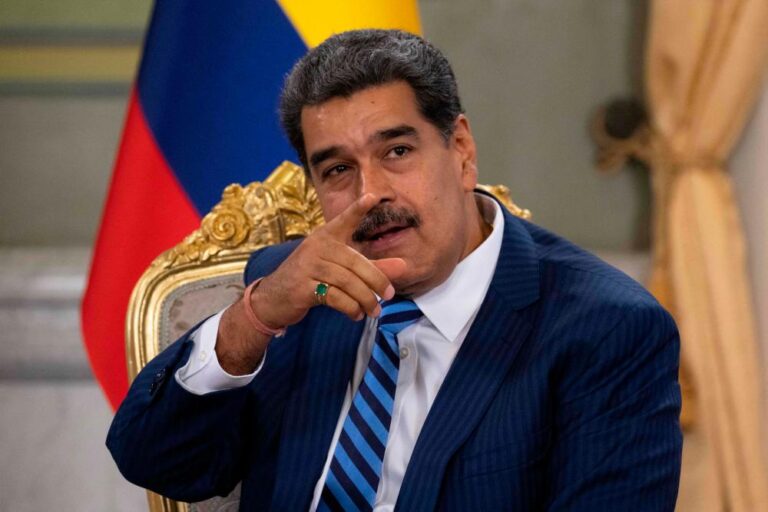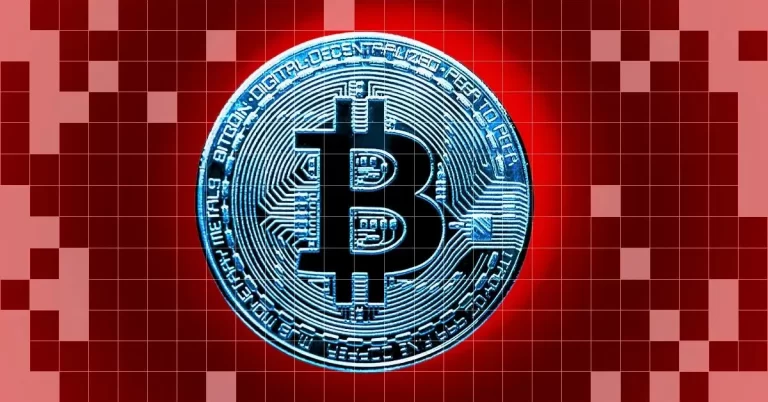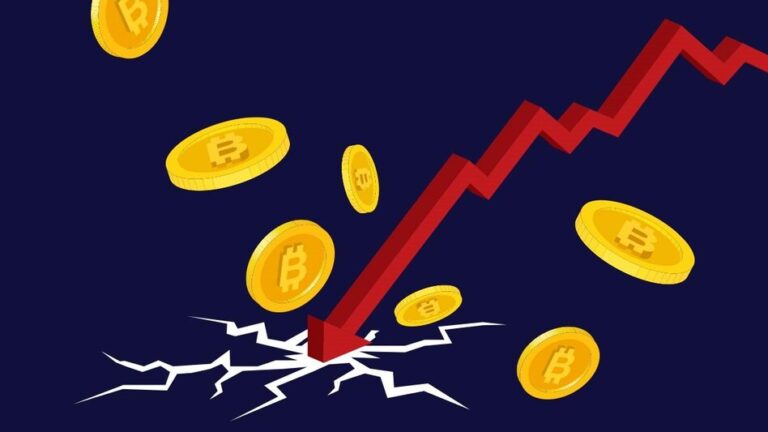In a bold move that could reshape Venezuela’s crypto landscape, President Nicolas Maduro has announced plans to return the country to its “crypto path,” following one of the biggest financial scandals involving cryptocurrency in the country’s history. Imagine this: a nation that once championed the integration of digital currencies into its economy finds itself at a crossroads after a scheme involving billions of dollars in oil sales, cryptocurrencies, and corruption rocked the country’s finances.
It’s not just a headline—it’s a stark reminder for crypto traders and enthusiasts of how quickly fortunes can shift in this volatile world of digital assets. Maduro’s declaration, made during a meeting with key figures in the banking sector, signals a potential shift toward a more crypto-friendly future. But with Venezuela’s history of crypto missteps, many are left wondering: Is it too late, or can the nation reclaim its status as a pioneer in the crypto world?
Maduro reflected on the global trend of moving toward multi-currency models—citing the U.S. dollar, the Chinese yuan, the Russian ruble, and India’s rupee—and pointed to the growing relevance of cryptocurrencies. But it wasn’t all optimism. He blamed “a group of bandits and thieves” for derailing Venezuela’s crypto journey, referring to the PDVSA-Crypto scheme, a scandal that saw $20 billion in oil sales go unaccounted for, all through cryptocurrency deals.
A Dark Chapter in Venezuela’s Crypto Story: The PDVSA-Crypto Scandal
For those unfamiliar, the PDVSA-Crypto scandal was a massive financial blow. Officials from PDVSA, Venezuela’s state-owned oil company, made off-the-record sales of oil shipments, accepting payments in both cryptocurrency and other fiat currencies through Sunacrip, the country’s cryptocurrency regulatory body. The scandal came to light when the funds—totaling a staggering $20 billion—never made it to the national treasury.
As a result, several high-profile arrests were made, including former Sunacrip head Joselit Ramirez and Tareck El Aissami, the former president of PDVSA. These arrests highlighted the extent of corruption within Venezuela’s financial system, and it cast a dark shadow on the nation’s efforts to integrate cryptocurrency into its economy.
For the crypto world, this scandal was a wake-up call about the risks involved in large-scale crypto transactions, especially when oversight is weak or compromised. It also sent shockwaves through Venezuela’s growing community of crypto miners and traders, many of whom found themselves caught in the crossfire as the government moved to shut down mining operations. Over 17,000 mining machines were seized as the country struggled with power blackouts, forcing miners to power down and move into hiding.
Venezuela’s Crypto Future: A Second Chance or a Road to Nowhere?
So what does this mean for crypto traders? Maduro’s pledge to get back on the crypto path is an acknowledgment that, despite the setbacks, Venezuela sees the future of its economy intertwined with digital assets. However, many traders are understandably cautious.
Crypto has always been a double-edged sword for Venezuela—a symbol of hope and survival for many citizens who have turned to Bitcoin and other cryptocurrencies to escape hyperinflation, but also a source of corruption and scandal at the highest levels of government. This time, though, Maduro is hinting at reforms, suggesting that Venezuela might be preparing for a crypto resurgence under tighter control and oversight.
Yet, conspicuously missing from Maduro’s speech was any mention of the Petro, Venezuela’s national cryptocurrency launched in 2018. Once hailed as a groundbreaking initiative to bypass U.S. sanctions, the Petro has largely faded into obscurity, reportedly on the verge of liquidation earlier this year. Without the Petro, Venezuela will need to find a new anchor if it wants to rebuild trust in its crypto ambitions.
For crypto traders inside and outside Venezuela, this is both an opportunity and a cautionary tale. If the country succeeds in reforming its crypto ecosystem, it could open doors for new investments, especially in crypto mining, trading, and DeFi (Decentralized Finance). But as the PDVSA scandal has shown, the stakes are incredibly high, and one wrong move could lead to devastating financial consequences.
A Global Lesson for Crypto Traders
Venezuela’s story offers lessons for the global crypto community. As traders, we are constantly reminded of the volatility of digital assets. Prices can surge and plummet in the blink of an eye, and fortunes can be made—or lost—overnight. But beyond market fluctuations, this story reveals another critical aspect: the importance of governance and transparency in cryptocurrency transactions.
When large-scale corruption infiltrates a system meant to promote financial freedom and decentralization, it undermines trust—not just in a particular government but in the entire ecosystem. The PDVSA-Crypto scandal is a harsh reminder that even in the decentralized world of crypto, bad actors can exploit weaknesses for their gain, leaving traders and investors to bear the financial fallout.
For those of us watching Venezuela’s crypto saga unfold, the message is clear: even as the country attempts to get back on track, caution must remain the guiding principle. Trust must be earned, especially in an industry that promises freedom from traditional financial systems but is still vulnerable to manipulation and corruption.
Will Venezuela Retake the Crypto Path?
Maduro’s call to retake the crypto path is a signal that Venezuela isn’t giving up on its cryptocurrency ambitions, but it’s also a reflection of the uphill battle the country faces in repairing the damage done by the PDVSA scandal. For crypto traders, the future in Venezuela holds both promise and peril. The country could become a hotspot for crypto innovation, or it could become another cautionary tale of what happens when regulation, oversight, and trust are undermined.
In the end, it’s not just about getting back on the path—it’s about building a path that is secure, transparent, and beneficial to all. If Venezuela can achieve that, it might not only recover from its past mistakes but also become a beacon for the rest of the world, showing how crypto can thrive even in the most challenging economic conditions.
As traders, we should keep a close eye on how Venezuela navigates this next chapter. Will it create new opportunities for the crypto market, or will it remain trapped in the shadows of its past? Only time will tell.



